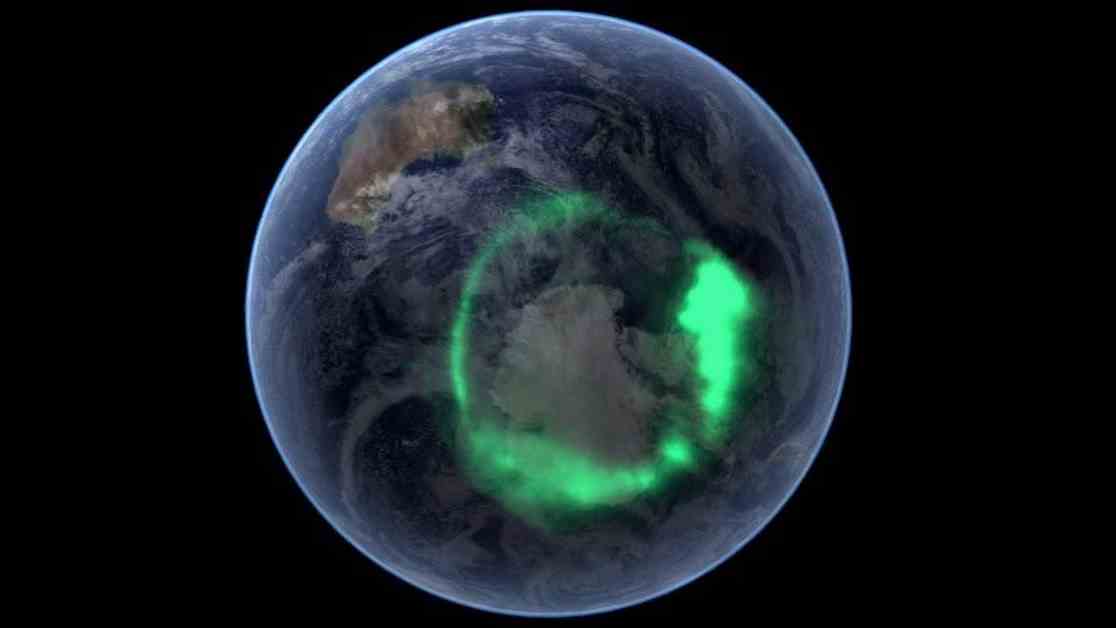Earth’s Upper Atmosphere Holds Clues to Dark Matter, New Study Suggests
Auroras occur in Earth’s ionosphere, where charged solar particles collide with atmospheric atoms. New research suggests this may be the best place in the universe to find elusive dark matter, too.
Earth may be surrounded by dark matter, a mysterious component of the universe that rarely interacts with light or normal matter. Recent theoretical research indicates that detectable radio waves generated by waves of dark matter in our planet’s upper atmosphere could provide the key to unlocking this cosmic mystery.
Astrophysical and cosmological evidence strongly supports the existence of dark matter, which plays a crucial role in the formation and structure of the universe. While previous attempts to explain this phenomenon have fallen short, many astronomers believe dark matter consists of unknown particles that interact minimally with other forms of matter.
One intriguing possibility is that dark matter is incredibly light, possibly in the form of axions or exotic mass-carrying photons. These ultralight particles could behave like waves rather than individual particles, leading to unique interactions with normal matter.
In a recent study, physicists explored models of ultralight dark matter that could produce detectable radio waves when interacting with Earth’s ionosphere, a plasma-filled region in the upper atmosphere. By aligning the frequencies of dark matter waves with plasma waves, researchers theorize that resonant interactions could generate radio waves that are faint but detectable with specialized equipment.
While the search for dark matter remains a challenging and long-term endeavor, the proximity and characteristics of Earth’s ionosphere present a promising opportunity to study this elusive cosmic element up close. With further advancements in observation techniques, scientists may be able to unlock the secrets of dark matter right in our celestial backyard.
Paul M. Sutter, a research professor in astrophysics, provides valuable insights into the study of dark matter and its potential implications for our understanding of the universe. With his expertise and contributions to the field of astrophysics, Sutter sheds light on the complexities of dark matter and the ongoing quest to unravel its mysteries.



